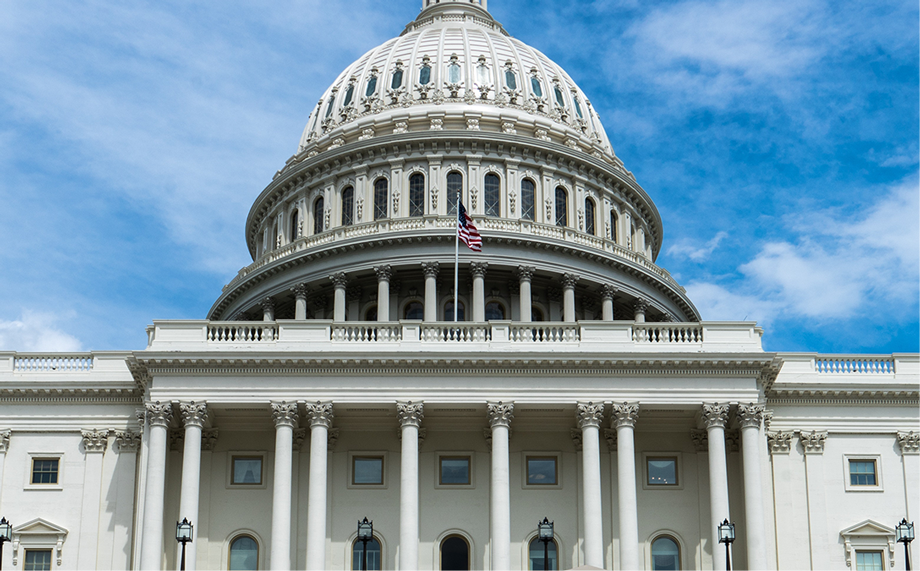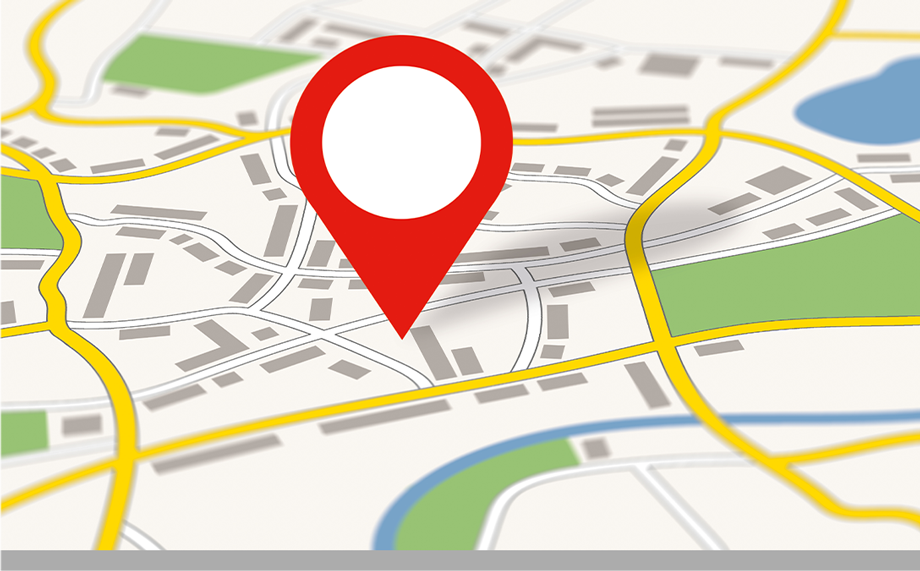Welcome to the Kansas State Profile Page! This page features a sample of survey and research results from a comprehensive review of state and local home modification activities across the country. It has a special focus on the aging population and the efforts of State Units on Aging, Area Agencies on Aging, and Native American aging service programs that are funded by the Older Americans Act Title VI Grants for Indian Tribal Organizations.
STATE PROFILE: Kansas

Kansas
A State Profile of Home Modification Activities
SPOTLIGHT ON STATE LEVEL HOME MODIFICATION ACTIVITIES
This section shares information that demonstrates the need for home modification in this state and highlights some of the state’s important home modification efforts, policies, and funding sources.
SPOTLIGHT ON LOCAL HOME MODIFICATION EFFORTS
How are agencies across the country responding to their communities’ home modification needs? Read about stand-out home modification efforts the aging network is conducting in this state.
Check back as new updates will be posted periodically! Have any changes or additions? Please contact homemods@usc.edu
SPOTLIGHT ON STATE LEVEL HOME MODIFICATION ACTIVITIES
Home Modification and Repairs for Older Adults: Challenges and Opportunities for State Units on Aging: This report by the USC Fall Prevention Center of Excellence and ADvancing States reports on a national survey
KANSAS DEPARTMENT FOR AGING AND DISABILITY SERVICES (KDADS) (State Unit on Aging)
State Units on Aging (SUAs) are designated state-level agencies that develop and administer state plans that advocate for and provide assistance, including home modifications or repairs, to older residents, their families, and adults with physical disabilities. SUAs administer funds, including Older Americans Act funds, which may be used to support home modification or repair services through local Area Agencies on Aging and other state and local entities.
The Kansas Department for Aging and Disability Services provides funding from Older Americans Act Title IIIB and IIIE and the Kansas Senior Care Act to administer statewide home modification or repair services via Area Agencies on Aging (AAAs). The AAAs have the option to provide home modification or repair services on a case by case basis to older adults and caregivers.
KANSAS DEPARTMENT OF REVENUE
The Kansas Disabled Access Tax Credit
Program Description: This tax credit provides a state tax credit for all income taxpayers in the state of Kansas to support making an existing home accessible for individuals with a disability. Expenditures incurred to remove an existing architectural barrier qualify for the Disabled Access Tax credit. Individuals are eligible for sliding-scale reimbursement for a certain percentage of their expenditure, depending on their income, up to a maximum of $9,000, whichever is less. Individuals with tax liability below $2,250 are allowed a refundable credit; those with tax liability of $2,250 or more can carry forward the credit (if it exceeds their income tax liability) for up to four years.
Population Served: Taxpayers with an adjusted gross income of $55,000 or less are eligible to receive the credit. No disability criteria required.
KS Technology Assisted Waiver
Program Description: Provides medical respite care, personal care services, financial management services, health maintenance monitoring, home modification, intermittent intensive medical care, and specialized medical care.
Population Served: Medically fragile and technology dependent individuals age 0–21.
KANSAS STATE ASSISTIVE TECHNOLOGY PROGRAM
Assistive Technology for Kansans
The State Assistive Technology Grant Program, funded under the Assistive Technology Act of 2004, supports comprehensive, statewide programs in each state that improve the provision of assistive technology (often home modification-related) to individuals with disabilities of all ages.
KANSAS STATE FALL PREVENTION COALITION
For an up to date list of all state fall prevention coalitions, visit: https://www.ncoa.org/resources/list-of-state-falls-prevention-coalitions/
SPOTLIGHT ON LOCAL HOME MODIFICATION EFFORTS BY THE AGING NETWORK
1. To locate the Area Agency on Aging in your state, please contact Eldercare Locator at https://eldercare.acl.gov/Public/Index.aspx
2. Data Brief: Building Community Capacity to Serve Older Adults: The Role of Area Agencies on Aging in Home Modifications and Repairs
This Data Brief highlights key findings from the 2019 National Survey of Area Agencies on Aging on how Area Agencies on Aging are providing and funding home modification and repair activities. It was developed by the USC Fall Prevention Center of Excellence in partnership with the National Association of Area Agencies on Aging as part of the Administration for Community Living project, “Promoting Aging in Place by Enhancing Access to Home Modifications.”
3. Featured Efforts:
Minor Home Repair Program
Johnson County Department of Human Services
Lenexa, Kansas
Program Description: Johnson County provides home accessibility modifications to homeowners who are in need of grab bars, ramps, railings and more. Funds limited and assessed on a yearly basis. Begin the process by filling out an application on their website.The population served includes homeowners of Johnson County and fall at or below the Median-income HUD requirements.
Sedgwick County Home Improvement Coalition (SCHIC) and the Minor Home Repair Program
Central Plains Area Agency on Aging
Wichita, Kansas
The Sedgwick County Home Improvement Coalition (SCHIC) is a strategic partnership of governmental and non-governmental agencies, non-profit agencies and other related organizations that work collaboratively to support the rehabilitation of low-income residents’ homes in a cost-effective manner. The goal of the coalition is to simplify, yet broaden, and coordinate the process for low-income homeowners to gain access to home repairs. The coalition will make more efficient use of funds currently available and serve more residents by coordinating efforts. Members of the coalition will continue their independent repair programs; however, in cases that require a larger scope of repair than one agency can provide, cases will be addressed by the coalition in a collaborative effort to make best use of all resources. The Minor Home Repair Program addresses safety and accessibility issues for qualified residents of Sedgwick, Harvey and Butler counties in Kansas. It operates on state, federal and local funding sources through the Senior Care Act program, Older Americans Act program, and Sedgwick County Mill Levy funds.
Senior Home Repair Program and ReStore Program
Topeka Habitat for Humanity
Topeka, Kansas
The Senior Home Repair Program partners with the County Advocacy Council on Aging, business partners, and community donors to meet the needs of the community’s aging population through repairs and accessibility services of approximately 50-70 homes annually. Along with the Topeka Independent Living Resource Center, Topeka Habitat for Humanity offers an affordable accessibility modification program through the Topeka Habitat ReStore.
The Whole Person: Home Modification Program
Kansas City, Kansas
The Whole Person: Home Modification Program offers free and low cost home modifications to older adults and persons with disabilities in Johnson, Wyandotte, and Leavenworth Counties. Skilled volunteers and local contractors work to make homes more accessible through modifications such as ramps, grab bars, and widened doorways. The Whole Person Organization oversees all projects, installations, payments and applications. If a person is in need of free services, there are guidelines to determine very-low income status.
Kansas State Fall Prevention Coalition
https://www.kdhe.ks.gov/1290/Older-Adult-Falls
For an up to date list of all state fall prevention coalitions, visit: https://www.ncoa.org/resources/list-of-state-falls-prevention-coalitions/
This page is brought to you by the project, “Promoting Aging in Place by Enhancing Access to Home Modifications,” supported, in part, by grant number 90PPHM0001 from the U.S. Administration for Community Living, Department of Health and Human Services, Washington, D.C. 20201. Grantees undertaking projects with government sponsorship are encouraged to express freely their findings and conclusions. Points of view or opinions do not, therefore, necessarily represent official ACL policy.


